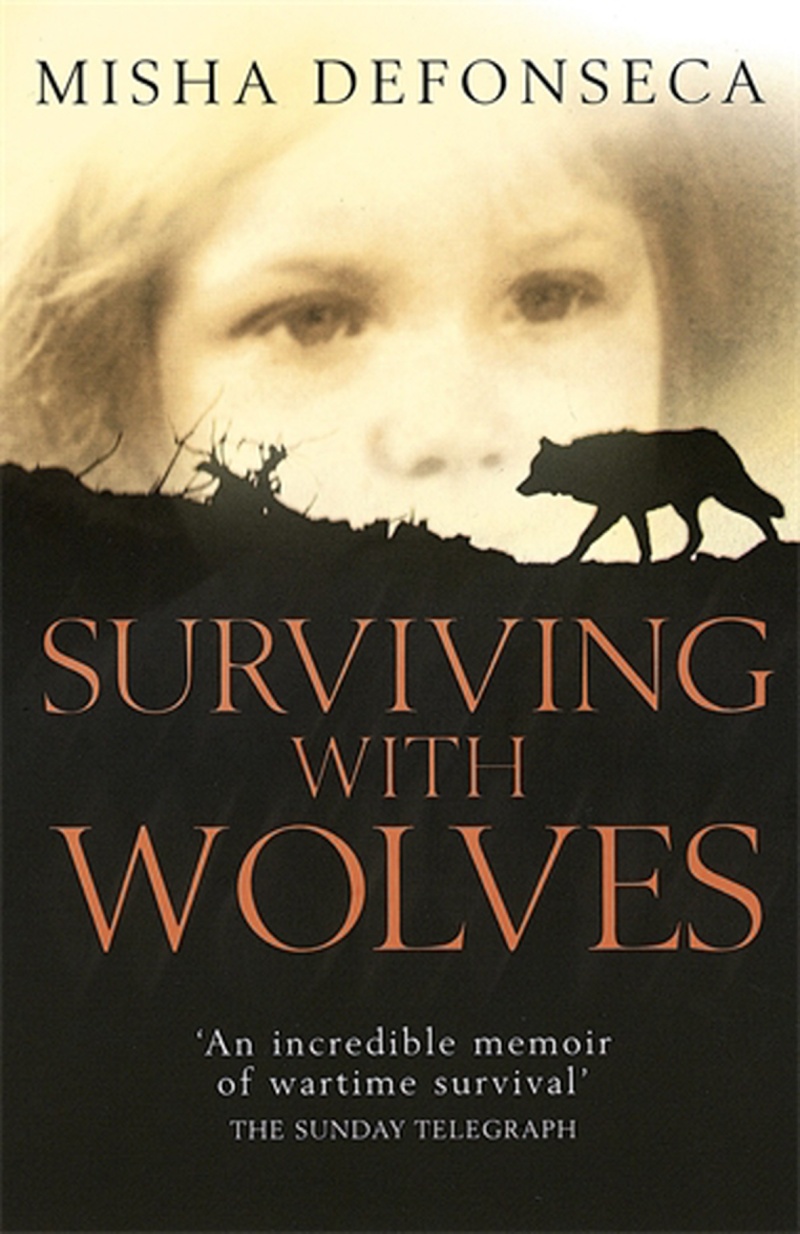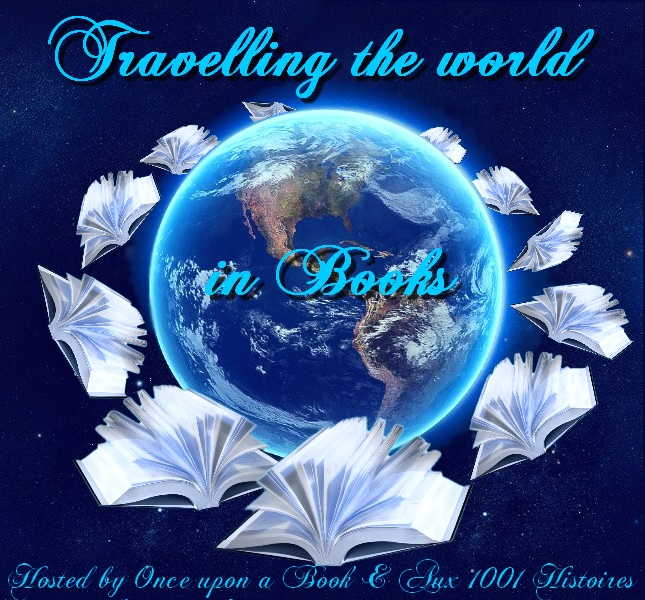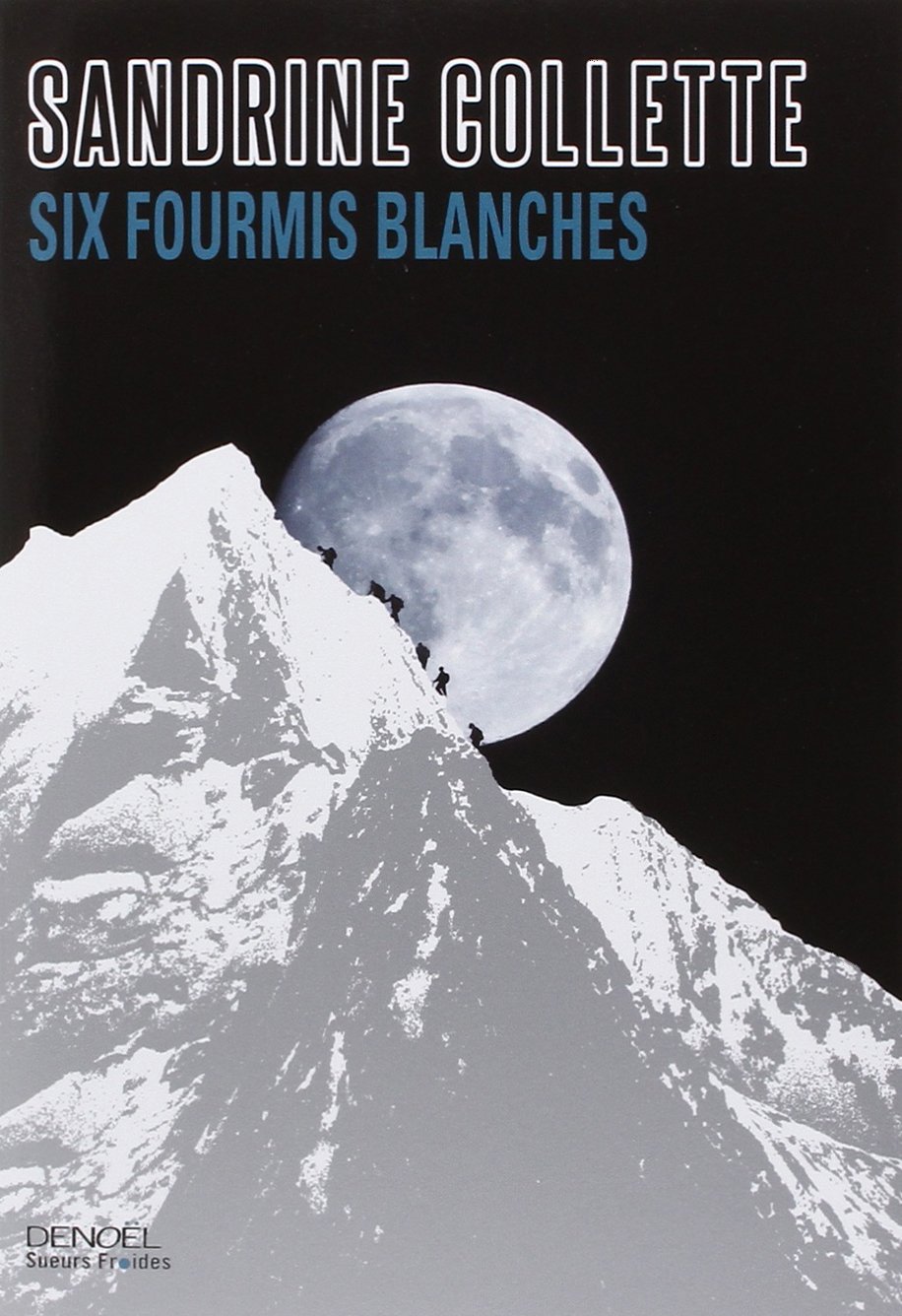Original Title: Survivre avec les loups (French)
Translator: Sue Rose
Author: Anita Shreve
Publisher: Piaktus books
Release date: 1997 (English transalation: 2005)
Pages: 231

* You keep going first to find something to eat and then because you always believe that, beyond that tree or over that high slope, you'll find a village, or people or a road sign pointing you in the right direction.*
_________________________________
_________________________________
Misha was only seven when the Nazis took her Jewish parents away from her in Brussels. No one told her why her parents were no longer with her; only that they had gone East. So one day, equipped with just a tiny compass, the little firl set out East to find them. Alone and on foot, Misha crossed Belgium, Germany, Poland and the Ukraine.
Surviving with wolves is Misha's extraordinary and poignant story - of how a young girl witnessed the appalling cruelties of war, and for whom the animals of the forest proved safer than humans. It is a book that will never be forgotten by anyone who reads it.
Surviving with wolves is Misha's extraordinary and poignant story - of how a young girl witnessed the appalling cruelties of war, and for whom the animals of the forest proved safer than humans. It is a book that will never be forgotten by anyone who reads it.

“At one lecture, a woman said to me, ‘You’re not a holocaust survivor. You didn’t live in the camps.’ Hers was just one voice among others. It shouldn’t have upset me as it did, but I was annoyed with myself for telling the world a story that wasn’t universally accepted, just because it wasn’t like everyone else’s. I was different, as always… ” Surviving with wolves is indeed unique, a story different from any other one you might have read. It takes place during the war and the reader sees through Jewish eyes. Until then, you will tell me that there is nothing unusual about it, and you are right. What makes this book so extraordinary how its story actually unfolds and how the different events that occur are told.
Misha lives in Brussels with her parents and even though they are rather poor, she is happy. But she is Jewish and her life changes forever when her parents are taken away by Nazis. Misha is saved and placed in a Belgian family who will take care of her. As she is only seven, she does not fully understand what is happening. She knows that she must not say that she is Jewish; she knows that the Nazis are dangerous; she knows that her parents are in the East. Nobody explained anything else to her. So one day, she sets off towards the East to find them and starts an unimaginable journey through Europe in war.
The story of the journey itself is wonderful. We follow the little girl who knows nothing about war in her adventure. She is innocent but clever and very brave. From the very beginning, we see how she can survive in hostile environment, with people fighting around her and the whole world collapsing. Because of this traumatic period, nobody tries to stop her; it is not usual to see poor and filthy children on their own, and Misha does not trust people. She steals food from the farms or eats from carcasses rather than begging or asking for help. She sleeps in the forest rather that hideing in deserted buildings. This is how, on her long way trough Belgium, Germany, Poland, Russia and the Ukraine, she meets wolves with whom she develops a wonderful relationship.
This relationship is incredible at first, but yet as the story goes on we understand it better. The descriptions of the majestic animals are poignant and we clearly see why the little girl trusts them rather than humans: they don’t have guns, they are not deliberately cruel to one another, they have clear rules and they can be trusted… Unlike human beings or at least unlike the human beings Misha has met.
The scenes with nature are cleverly mixed with war scenes. As Misha does not trust humans, she does not seek social contact but inevitably she will see some of the horrors of the war. An interesting aspect is that, by travelling, we see how different people react to the war. The reader is given an insight into Polish guerrillas’ fights, Jews’ persecution, German soldiers’ methods, Russian civilians’ hope and prisoner camps…
These are described with accurate details of what the little girl felt when she actually lived the scene and mixed with explanations given by Misha years later, when she writes about her adventure. Telling this story with two perspectives was a sensible choice: we understand the little girl experience, her innocence and how traumatic everything was for someone who did not understand at all the gravity of what was happening; at the same time, we have more factual explanation to help us understand how Misha’s personal story is linked to the rest of the events.
One of the main controversies that arose with the publication of this book regarded the truth of the story. Even if Misha first presented it as real, it turned out that she had actually made it up: she was not Jewish and she did not travel all the way through Europe, living with wolves, to find her parents. This revelation should however not lessen the beauty of the story. Misha has survived the war and her need to tell a story that differs from the one she actually lived shows how she tries to heal from this traumatic experience.
Surviving with wolves is therefore a book that is worth reading, especially for people who like animals and are interested in war stories. However, anybody can find it interesting, as it is extremely varied and well written..

Surviving with wolves has been adapted into a film.






























Aucun commentaire:
Enregistrer un commentaire